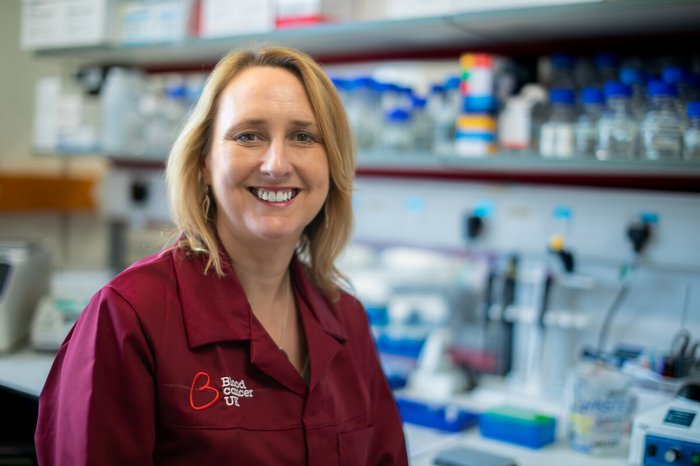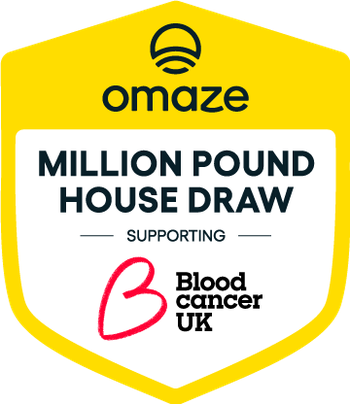Discovering a less harmful way to treat blood cancers caused by the Epstein-Barr virus (EBV)
The Epstein-Barr virus (EBV) can increase the risk of developing blood cancers such as Burkitt lymphoma, diffuse large B-cell lymphoma (DLBCL) and Hodgkin lymphoma. Professor West’s research is focused on finding a new drug treatment that specifically targets EBV-positive cancer cells, leaving healthy cells unharmed.

Professor Michelle West in the lab.
The challenge
Epstein-Barr virus (EBV) infects a type of white blood cell called B-cells and researchers think this is responsible for causing certain types of blood cancers, such as Burkitt lymphoma, diffuse large B-cell lymphoma (DLBCL) and Hodgkin lymphoma. People with ‘EBV-positive' lymphomas undergo the same treatments as others whose cancers aren’t caused by this virus. While these existing treatments can be successful, they have nasty side effects and don’t work for many people. For those people who see their cancer return, their cancer is often drug-resistant and further treatment options are limited. New treatments need to be developed for these types of blood cancer that specifically target the EBV cancer-causing cells and leave the healthy cells unharmed.
The project
In her previous research, Professor West discovered how the EBV turns B-cells cancerous and causes them to divide and multiply out of control. They found the EBV produces a protein called EBNA1, which is present in all EBV-positive cancers and causes the cancer cells to grow in number and thrive. In this project, Professor West will explore how targeting this EBNA1 protein and blocking it from working could prevent EBV cancer cells from replicating. The team will develop a number of potential molecules to do this, and through a series of lab experiments will adjust these to be left with a few successful potential drug treatments.
The future
If successful, Professor West and her team hope to have a drug that could specifically target the EBV cancer cells and leave healthy cells unharmed. Further research will be needed before this drug could be used to treat people, but it is a vital next step towards creating a new, less to toxic drug treatment for people with these types of blood cancer. Ultimately this research could help improve quality of life and give people with EBV-positive cancers a better chance of survival.
Funding
This project is part of the Omaze X Blood Cancer UK Research Fund.

